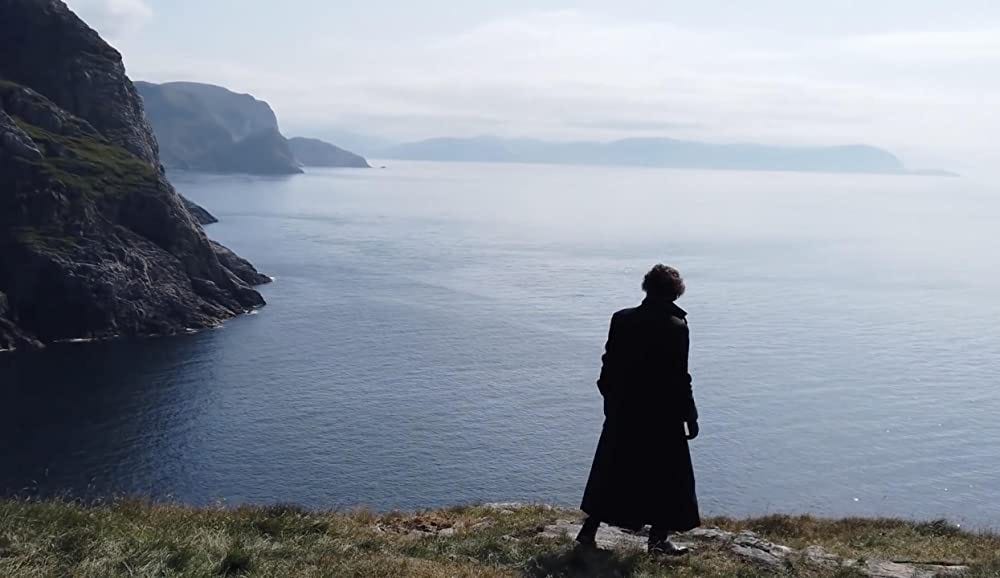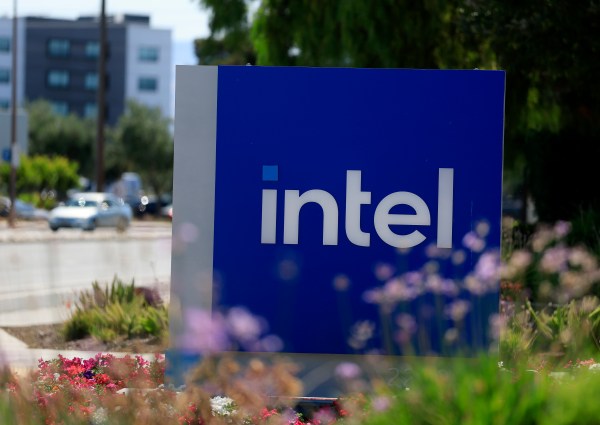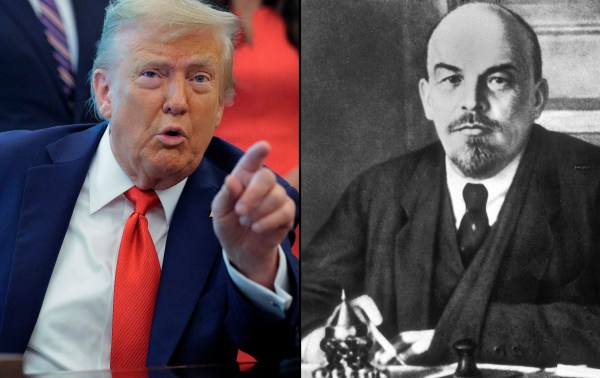Dune is a weird movie, full of fantasy jargon and heavy on plot, deliberately paced, punctuated by slow-mo visions that could have dropped right out of a Terrence Malick movie. It requires audiences to take in vast amounts of information about fantasy economies and cultures, keep up with multiple odd characters, and with very little humor and not a single side-eye joke to the camera.
And yet it is popular. Audiences flocked to it, improving on the box office predictions for its opening weekend, even though the film simultaneously debuted on HBO Max, disincentivizing viewers from heading out to theaters. While it’s not achieved Marvel levels of success (which we shouldn’t have expected), it’s doing fine. Forbes’ Scott Mendelson notes that this isn’t actually a story of a studio weaponizing intellectual property. It’s not another Batman or Spider-Man reboot. Dune’s success relied on selling a largely unfamiliar story to normie audiences, and that seems to have happened. A good sequel could even cement this success into a franchise.
All this underscores something important: Audiences will put up with a lot of weirdness for a friendly, earnest epic that doesn’t equate art with ugliness. Dune is strange but beautiful (i.e. not ugly), and it’s spectacular. I haven’t seen a modern film in a while that has such a good grasp of how to use vast spaces. It’s a film designed for a big, big screen and audiences have recognized this in their consumption choices.
In all the debates about the future of cinema, commentators seem able to envision only one future, one where we’ve all polarized into two aesthetic classes. This is a future where Disney, triumphant and flush with cash, keeps pumping out sequels while we all herd like cattle to see Guardians of the Galaxy 8 in the 2030s. All the other big studios slavishly try to jumpstart their own vast interconnected universes.
Meanwhile the substantive filmmakers are off making stuff with grotesque and alienating violence or sexuality. The devotees of “real cinema” decamp to indie theaters to watch increasingly esoteric A24-style content. The flame of real cinema flickers in a Beverly Hills shrine guarded by Martin Scorsese wielding a katana. An exact replica of Toshiro Mifune’s in The Seven Samurai.
Or something. But I really hope this vision is wrong, because while I like all sorts of food, I like most of my diet to lie somewhere between a Big Mac and caviar. I’d like, for instance, a good steak. It’s solid, filling, kinda fancy, but not weird.
Dune feels like a promise that such middle ground is still possible. Its success tells me audiences don’t want another Endgame. (Well, they don’t want just another Endgame.) We want another Lawrence of Arabia! Villeneuve’s Dune clearly owes a debt to David Lean’s epic desert film—a connection he makes explicit in a recent interview about the Lean film. Carefully framed spectacle, deliberate storytelling, beauty, and rejecting wisecracks—this is all a rejection of MCU style—and yet it works.
And it rejects A24-style grotesquerie as well—notably, there’s no strong language, excessive violence, or sex in Dune. I was two-thirds of the way through the film before I thought: Hey, I could take my mom to this! And I would!
In all honesty, I’m not just saying that for my mom’s sake. I didn’t watch Game of Thrones for a lot of reasons. But a big one was because I don’t like watching excessive sex and violence. Much as I appreciate recent ambitious films like The Last Duel, I did find its extremely graphic portrayals of rape and warfare offputting. Just from a bottom-line standpoint for studios, if there are people out there less prudish than me thinking hey, I could take my mom to this! then you still have one more potential ticket-buyer in the equation.
Currently, the moms are all lining up to see Marvel films. That might lead studio executives to think that the only films that work are the clean-ish ones that spoonfeed the audience self-aware humor, endless fan service, and nothing approaching substance.
But Dune shows that you can make an adult film with adult concerns without stooping to either Marvel childishness or indie film crudeness. That childishness is to be rejected as well. (If I were elected empress of Hollywood, my newly established Hays Code would require all films to have a scene where the two leads are required to kiss for at least three seconds, to rattle Marvel out of the Friend Zone.)
This is about more than just money. It’s about the future of cinema. In its rejection of ugliness, Dune is doing something rather revolutionary. There’s a certain philosophy that holds that all things artistic must be difficult, iconoclastic, ugly. Justin Lee recently explained that philosophy in an article on the Netflix film Cuties.
An anti-culture, as understood by the social theorist Philip Rieff, is not interested in passing on values, traditions, or knowledge from generation to generation. It is instead busy with demolishing norms, not for the sake of reformation or building anew, but for the sheer jouissance of smashing things. Rieff called works of “art” that promote anti-culture “deathworks.”
Netflix’s Cuties is a deathwork. While ostensibly a cautionary tale about a young girl from a patriarchal tradition coming of age in a decadent society, the film revels in the overt sexualization of its young stars.
There have been a lot of deathworks in recent memory. Dune is not one of them. It’s true that it is a story about the corrupting influence of colonialism and aristocratic messiah complexes. But like Lawrence of Arabia, it doesn’t feel a need to discard beauty or include self-consciously alienating content to tell that iconoclastic story.
And it shows there’s a future for big prestige stories that don’t force ugly content on audiences to prove that it’s for adults. My hope is that Amazon will learn this lesson and apply it to its Middle-earth series. It should use Dune as a model instead of Game of Thrones.
Neither are perfect comparisons for Tolkien’s world, of course, but as I was watching Dune for a second time (I made sure to nab a ticket at the biggest IMAX theater in Manhattan before Eternals pushed everything else from massive screens), it occurred to me that Dune is able to evoke something that is vanishingly rare in movies now. Awe. The film lingers for sweeping shots of the coast of Norway and the deserts of Jordan. Hans Zimmer’s pounding soundscape emphasizes the sheer size and power of the landscape and the forces of nature which the characters face. As Timothée Chalamet and Josh Brolin dash desperately across a desert with a vast monster rising from the oceanic sands behind them, I gasped aloud.
Awe arises from the combination of beauty and spectacle with a true vision. Childish superhero films—much as I enjoy them—are as incapable of this as ugly art films. This was one of Peter Jackson’s great strengths as an adapter of the Tolkien mythos. He understood how to evoke awe. Denis Villeneuve and Hans Zimmer clearly set out to do the same, and the result is breathtaking. I hope the future looks—and sounds—a lot more like that.






Please note that we at The Dispatch hold ourselves, our work, and our commenters to a higher standard than other places on the internet. We welcome comments that foster genuine debate or discussion—including comments critical of us or our work—but responses that include ad hominem attacks on fellow Dispatch members or are intended to stoke fear and anger may be moderated.
With your membership, you only have the ability to comment on The Morning Dispatch articles. Consider upgrading to join the conversation everywhere.